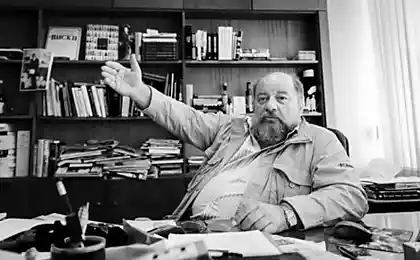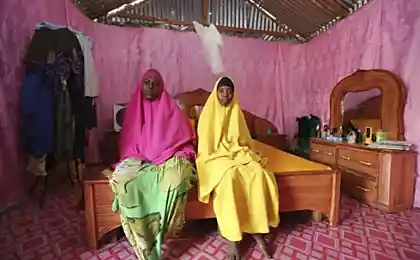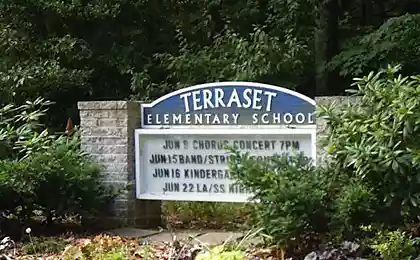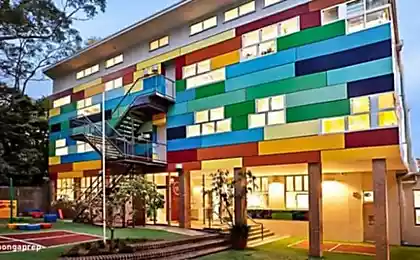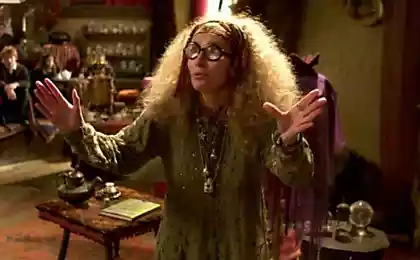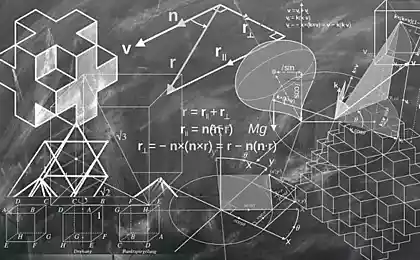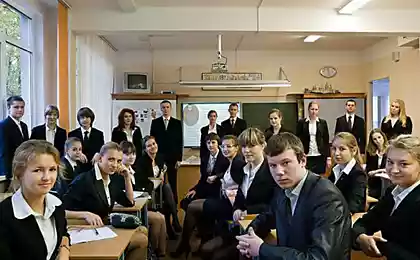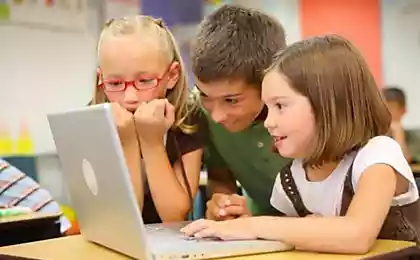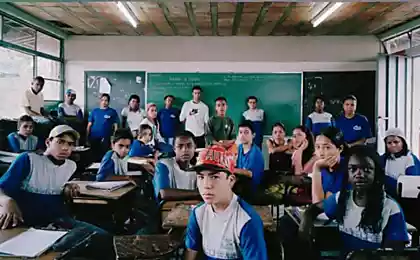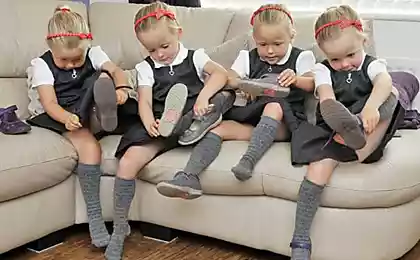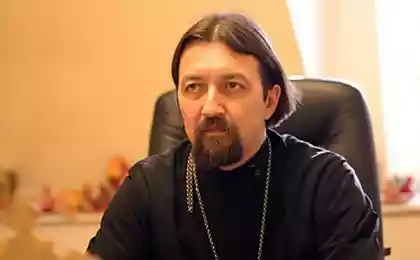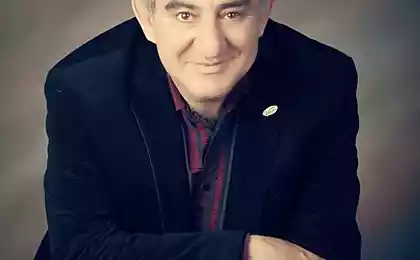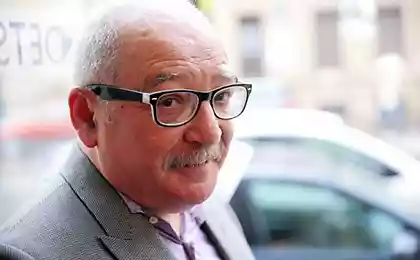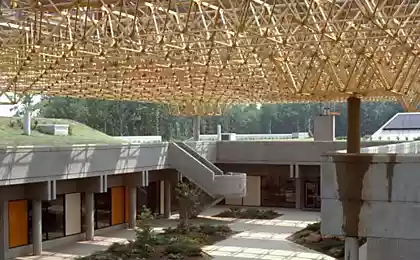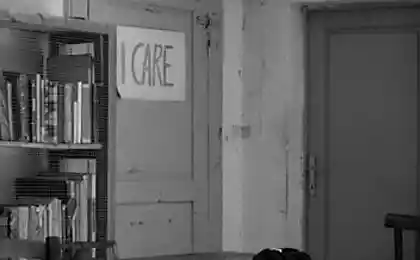138
My daughter is finishing her third trimester at an Irish school, and I have to say that this is different from our education.
Speaking about IrelandFor many, it is a revelation that it is one of the richest countries in the world. Although the area of Ireland is about 70 thousand square kilometers (three times smaller than the territory of Belarus). And the population here is only 5 million people. There are about 45 million Irish living outside the country.
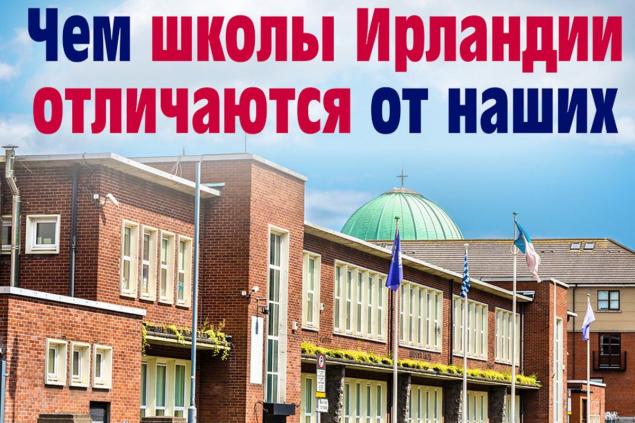
But modest opportunities have not prevented Western Europe’s poorest country from becoming one of the world’s strongest economies in 30 years. There are more than 1,000 multinational corporations here.
Although in the 70s Ireland was considered hopeless: a cold climate, lack of infrastructure, mass migration of young people abroad, a minimum of natural resources. But the Irish have been able to build a rich, safe and open country where investors are happy to invest.
Of course, people from the post-Soviet space often go to Ireland. And, among other things, they are surprised by what is different here education. These differences are interesting to consider. In any developed country, special attention is paid to education.
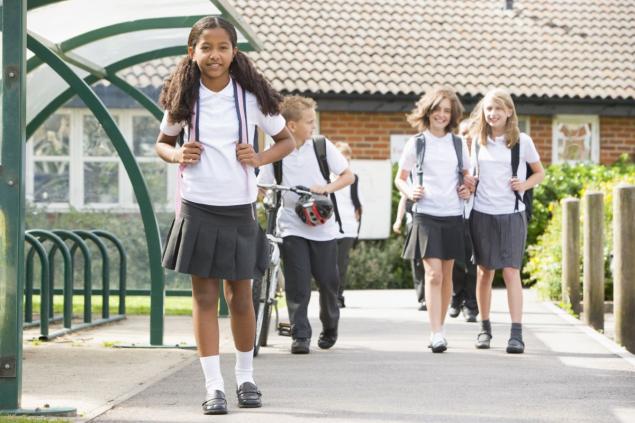
My 13-year-old son will go to an Irish school in Dublin in September. In May, we were at a parent meeting with him. We also had a tour of high school. We walked around the classroom, talked with both teachers and high school students. We were kindly told what to study and in what form, says Nina.
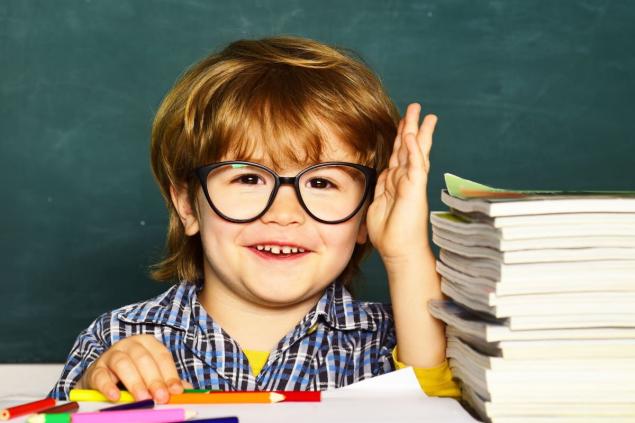
“It was noticeable that each teacher tries to find a unique approach to make the study of their subject as interesting as possible for children. And I like the Irish approach, which aims to make children interested, curious and happy.
In Ireland, schooling takes 12 years. The school year is divided into three trimesters, and studies last from 9 a.m. to 4 p.m. Moreover, children go to secondary school at the age of 12. Here training is divided into junior classes (Junior Cycle), one-year curriculum (Transition Year) and senior classes (Senior Cycle).

Why you need a transition year is a particularly interesting year. This one-year course is designed to help the child decide on his future career. At this time, they actively develop skills and discover the talents of the student, help choose suitable subjects for study in high school.
If a Transition Year student doesn’t need it, they can skip it and head straight to Senior Cycle. But for visitors, such a “transition year” is very useful, because it helps to adapt better, to tighten the knowledge of English. There are no exams this year, making it easier to study.

Our parents are used to the fact that the main thing for a child is grades and exams. In addition, the training program is more difficult than in Ireland. But I see a big plus in the fact that secondary school does not begin in the fifth year of school (as we do here), but in the seventh. Seventh graders are more conscious and responsible. And when I think about school, it was the 5th and 6th grades that were the most stressful and difficult.
Yes, parents of Irish school children have their responsibilities. You need to go to parental meetings, and follow the homework. But the main thing for the parent is to build the right sleep and nutrition regimes for the child. And also to make sure that in the life of their student there was enough rest, movement and encouragement. And these are very good and correct installations, says Nina.
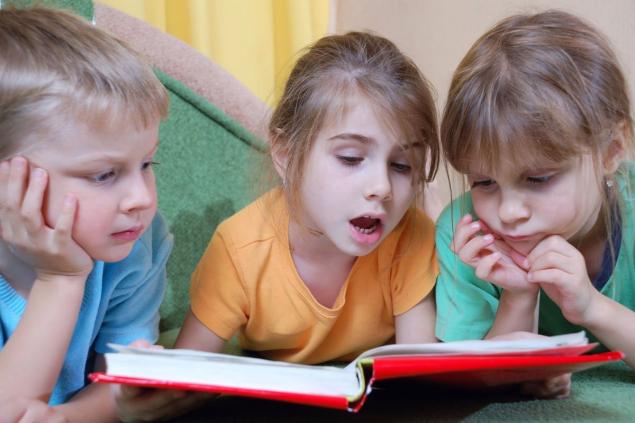
Earlier we talked about the Finnish approach to teaching children. And also read why our children are not eager to go to school. Is there anything they can be interested in?

But modest opportunities have not prevented Western Europe’s poorest country from becoming one of the world’s strongest economies in 30 years. There are more than 1,000 multinational corporations here.
Although in the 70s Ireland was considered hopeless: a cold climate, lack of infrastructure, mass migration of young people abroad, a minimum of natural resources. But the Irish have been able to build a rich, safe and open country where investors are happy to invest.
Of course, people from the post-Soviet space often go to Ireland. And, among other things, they are surprised by what is different here education. These differences are interesting to consider. In any developed country, special attention is paid to education.

My 13-year-old son will go to an Irish school in Dublin in September. In May, we were at a parent meeting with him. We also had a tour of high school. We walked around the classroom, talked with both teachers and high school students. We were kindly told what to study and in what form, says Nina.

“It was noticeable that each teacher tries to find a unique approach to make the study of their subject as interesting as possible for children. And I like the Irish approach, which aims to make children interested, curious and happy.
In Ireland, schooling takes 12 years. The school year is divided into three trimesters, and studies last from 9 a.m. to 4 p.m. Moreover, children go to secondary school at the age of 12. Here training is divided into junior classes (Junior Cycle), one-year curriculum (Transition Year) and senior classes (Senior Cycle).

Why you need a transition year is a particularly interesting year. This one-year course is designed to help the child decide on his future career. At this time, they actively develop skills and discover the talents of the student, help choose suitable subjects for study in high school.
If a Transition Year student doesn’t need it, they can skip it and head straight to Senior Cycle. But for visitors, such a “transition year” is very useful, because it helps to adapt better, to tighten the knowledge of English. There are no exams this year, making it easier to study.

Our parents are used to the fact that the main thing for a child is grades and exams. In addition, the training program is more difficult than in Ireland. But I see a big plus in the fact that secondary school does not begin in the fifth year of school (as we do here), but in the seventh. Seventh graders are more conscious and responsible. And when I think about school, it was the 5th and 6th grades that were the most stressful and difficult.
Yes, parents of Irish school children have their responsibilities. You need to go to parental meetings, and follow the homework. But the main thing for the parent is to build the right sleep and nutrition regimes for the child. And also to make sure that in the life of their student there was enough rest, movement and encouragement. And these are very good and correct installations, says Nina.

Earlier we talked about the Finnish approach to teaching children. And also read why our children are not eager to go to school. Is there anything they can be interested in?
Everyone says that children need help, but is it necessary?
67-year-old Natalia Andreychenko is not ashamed of her age and promotes natural beauty

